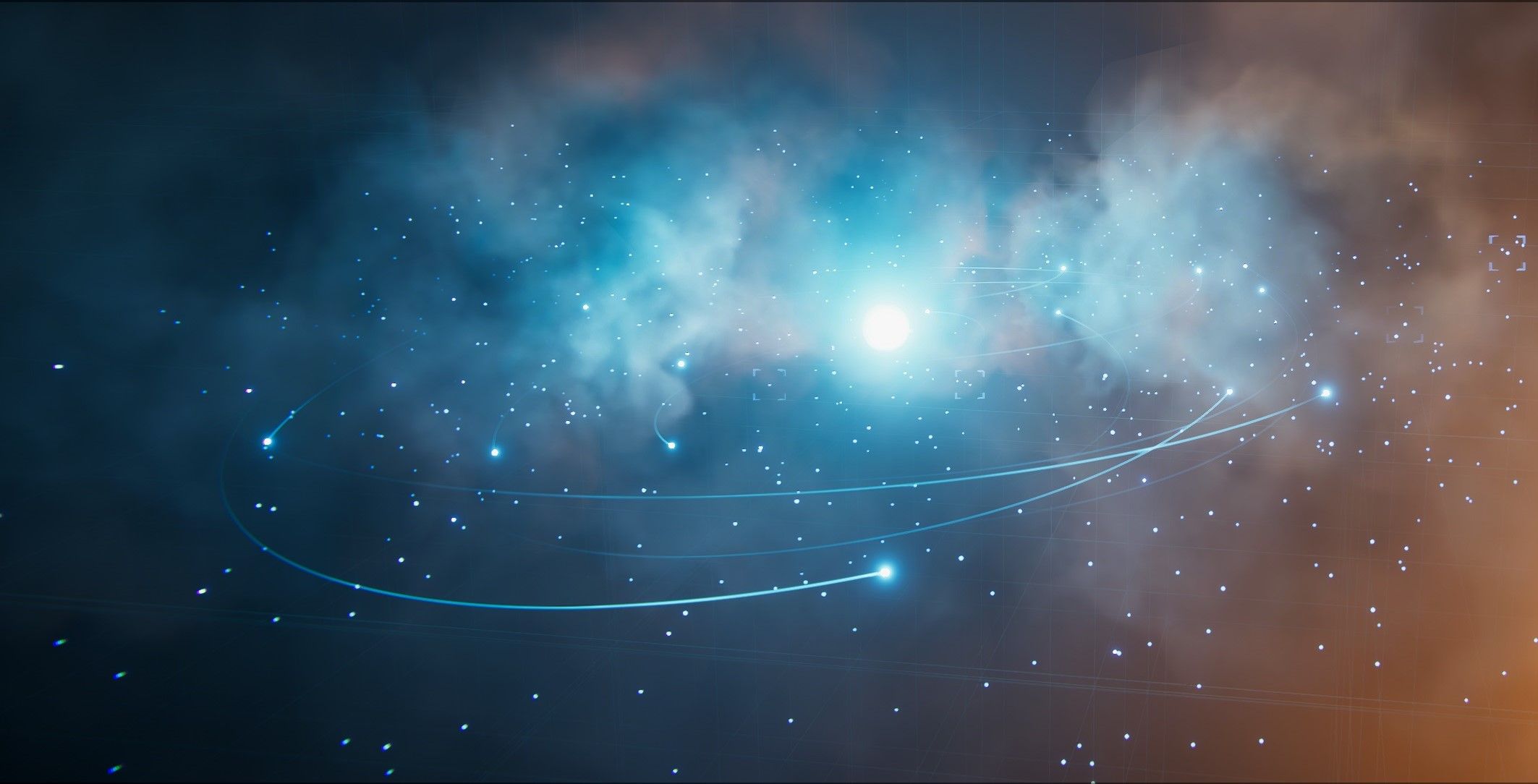
VFX Graph
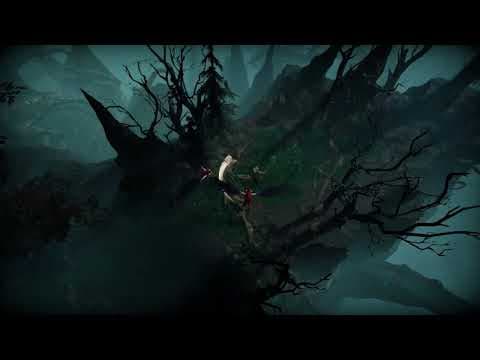
Real-time VFX
This visual node-based solution enables you to design visual effects, from simple common particle behaviors to complex simulations running on the GPU.
Available for PC, consoles, XR and high-end mobile, VFX Graph has been used in games such as V Rising, Road 96, Hardspace: Shipbreaker, and Syberia: The World Before
Create procedural effects without code
Inspired by leading film tools, VFX Graph combines blocks, nodes, and sequencers to help you author more powerful visual effects.
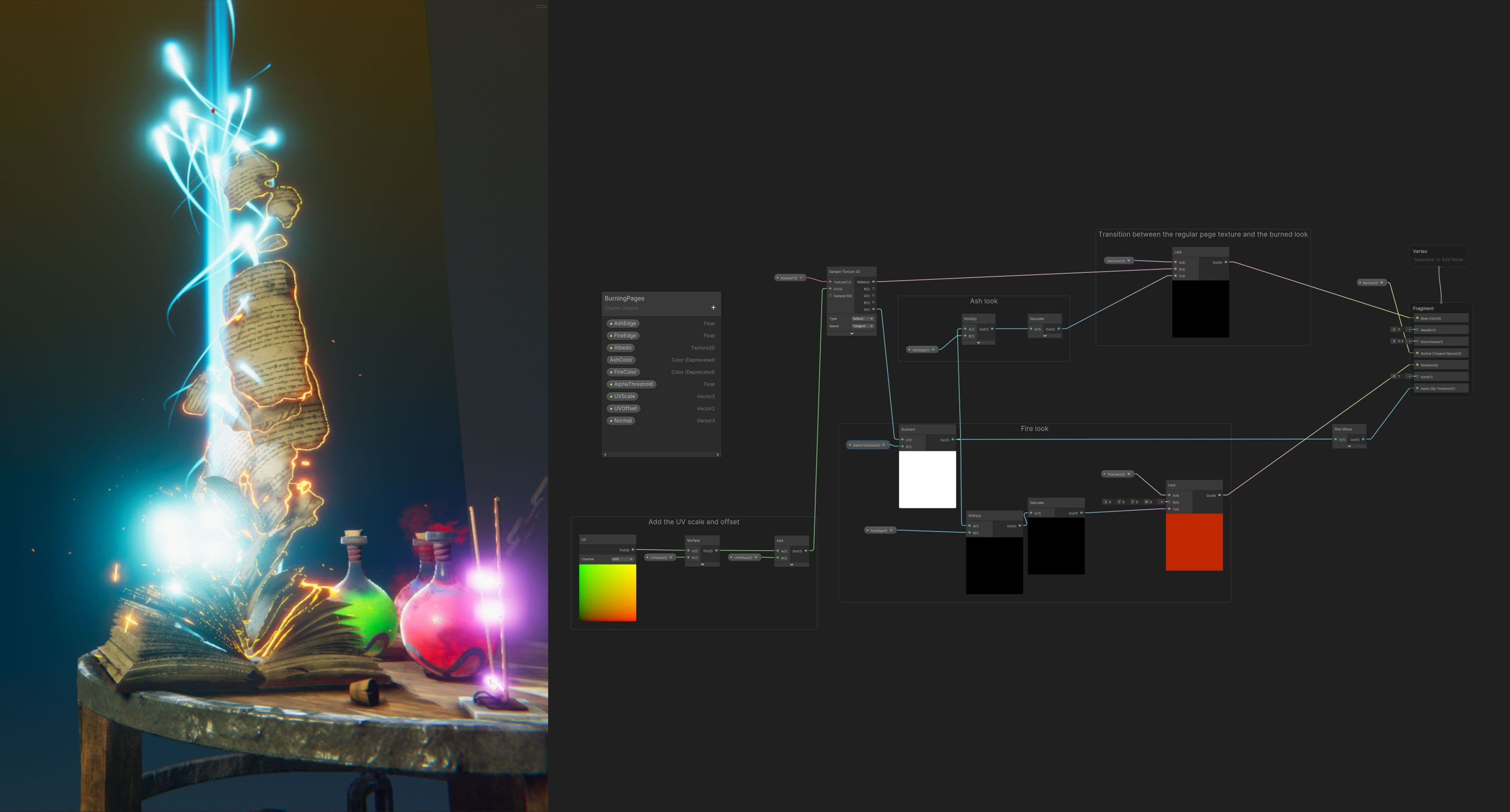
Visual authoring
VFX Graph uses a mix of flow- (vertical) and node- (horizontal) based authoring. Flow authoring assembles building blocks for spawning, initialization, update, and rendering stages on which a combination of nodes can be plugged to create advanced procedural effects. Node Search, Sticky Notes, and Subgraphs allow you to build and organize your effects efficiently. With the Blackboard VFX Graphs utility panel, you can expose properties so other users like artists or game designers can customize effects to their needs.
Author particle shaders using Unity’s node-based tool Shader Graph, and sequence multiple effects together or events within an effect using VFX Graph integration with Timeline.
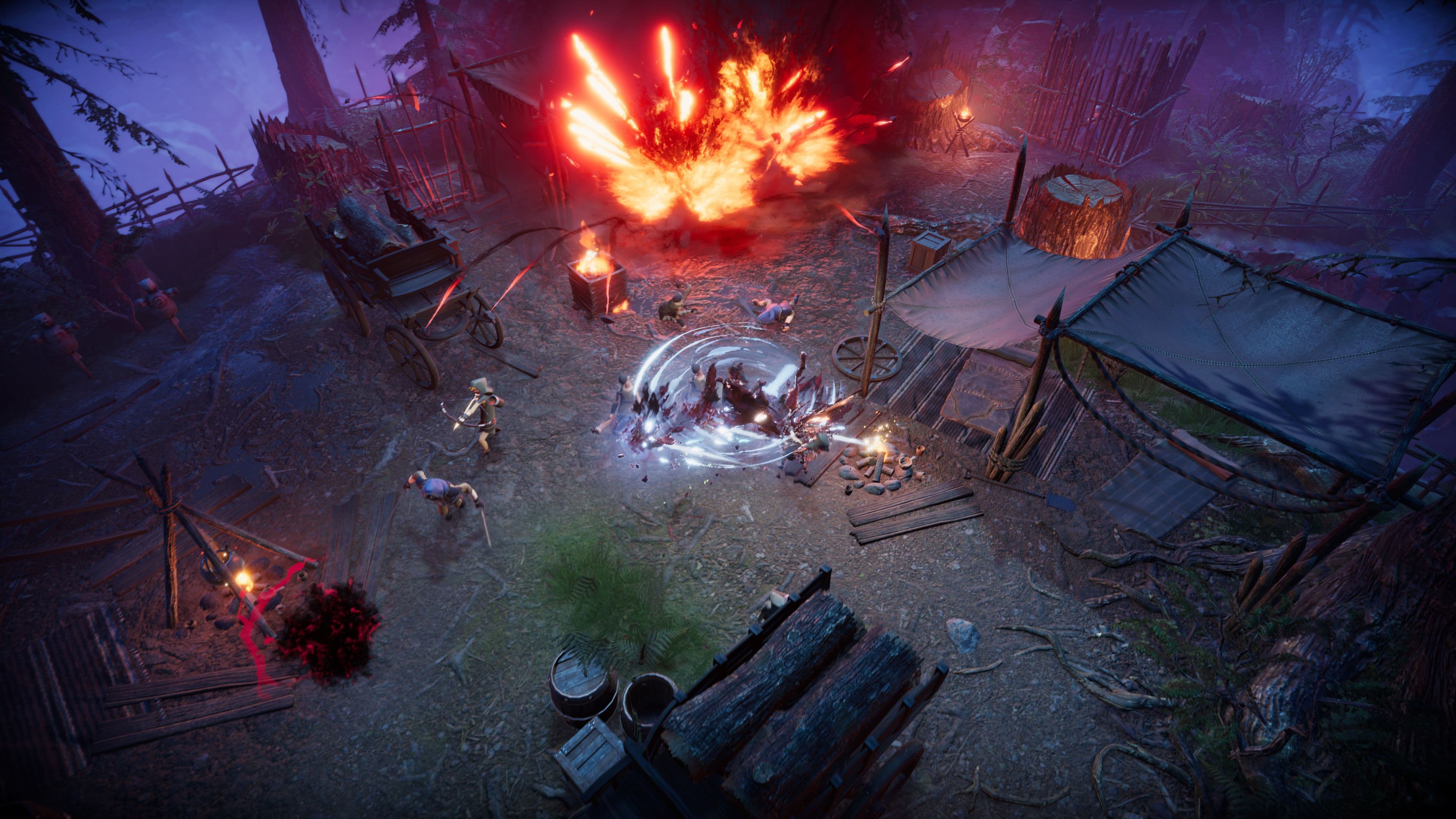
Simulate millions of particles
Leverage GPU power to emit and simulate millions of particles in real-time.
Emit particles from points (for example fireworks), shapes (dust in a room), 2D or 3D textures, surfaces like static and skinned meshes, or signed distance fields (a character turning into sand), point caches, camera buffers (a dissolving world), or structured buffers to sample custom data like statistics or your own simulation.
Each spawner can control time, loop, and delay to spawn particles a set number of times with predetermined intervals and durations, and be updated using various forces or turbulence systems to generate lifelike systems.
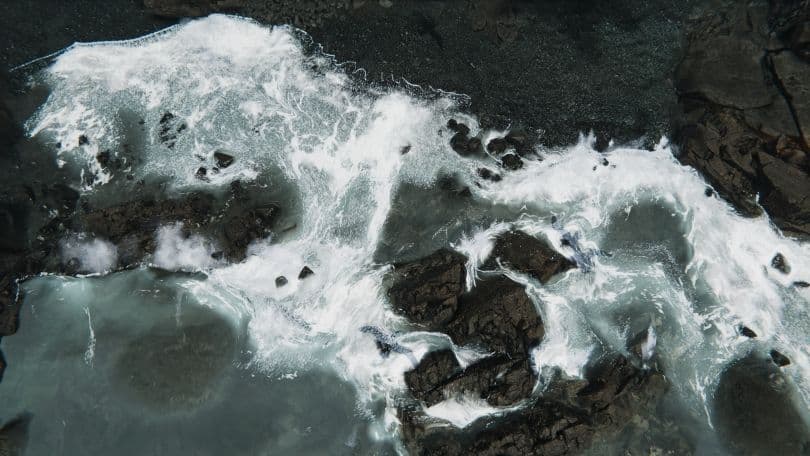
Advanced rendering
VFX Graph works with the Universal Render Pipeline (URP), URP’s 2D Renderer, and the High Definition Render Pipeline (HDRP).
You can render hundreds of thousands of particles of many types in real-time: Use Points to create snow or dust; procedural primitives like quads, triangles, or octagons for small particles like leaves; flipbooks for animated particles like smoke; meshes to render more complex objects like debris; lines to create sparks; or strips to create vehicle trails or tentacles. You can even modify the world using distortion in HDRP to simulate heat or spawn Decals to render impacts, burnt spots, or painting stains.
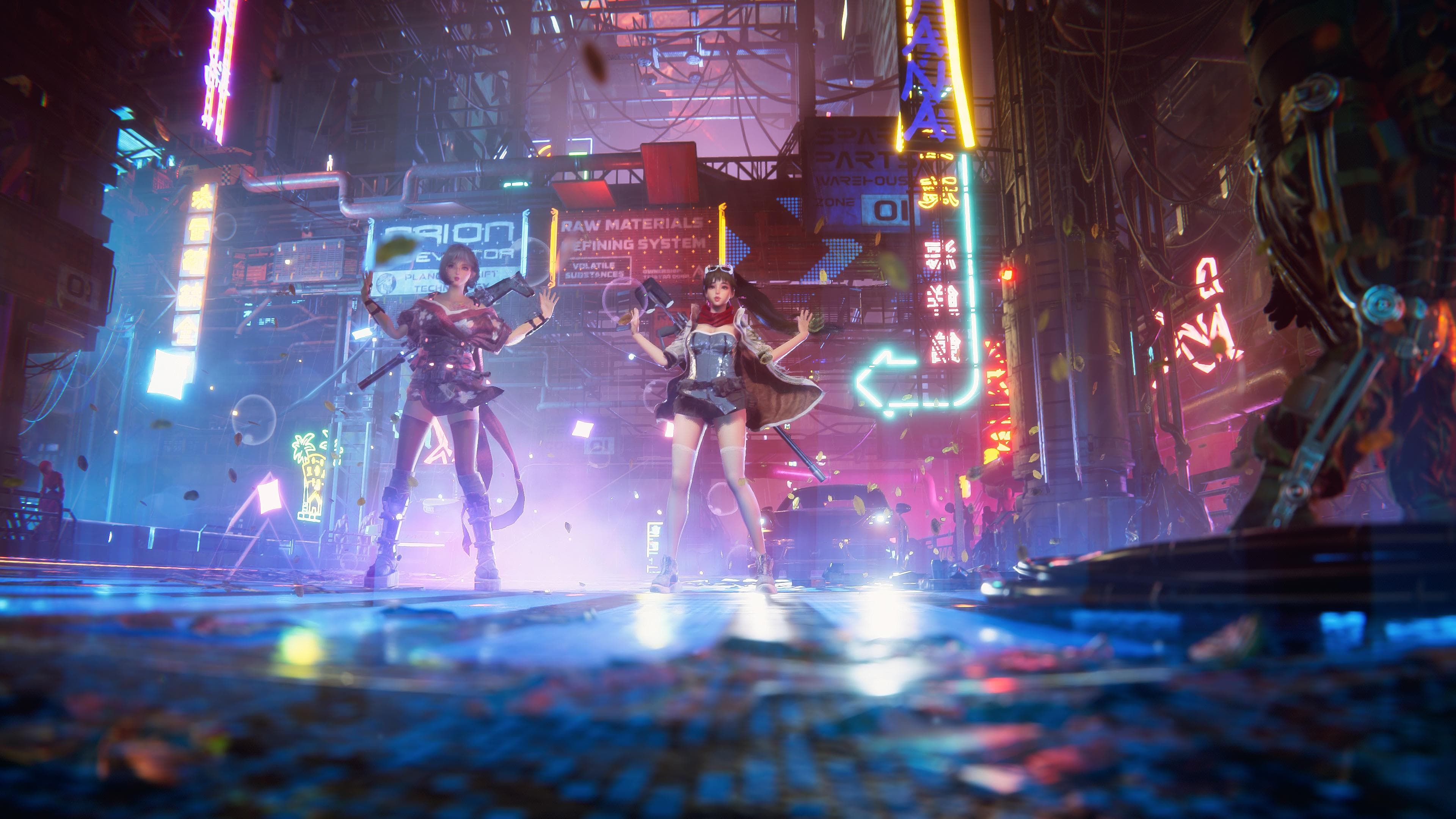
Powerful particle shaders
VFX Graph offers premade materials with a comprehensive set of ready-to-use parameters to shade the most common particles.
For more advanced effects, you can visually author your own pixel and fragment shaders with Shader Graph and use them in VFX Graph. This approach allows you to create custom looks, use advanced lighting models like HDRP’s hair and fabric shaders, as well as animate vertices to deform or animate particles on the GPU for effects like bubbles or flocks of birds.
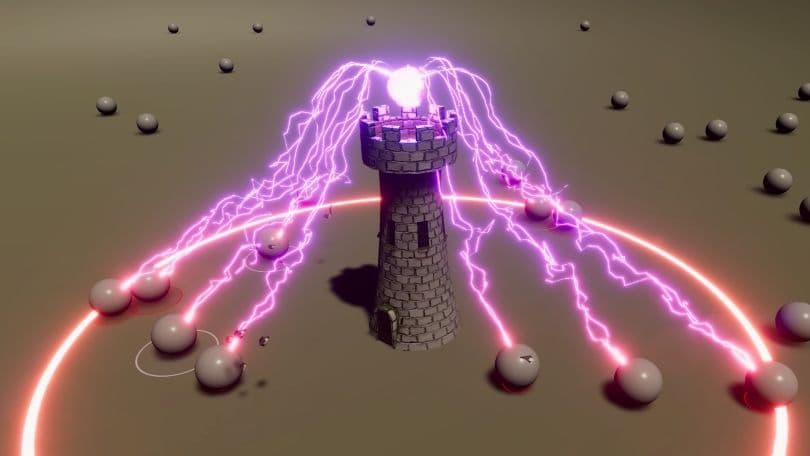
Dynamic and interactive particles
Build particles that can interact with the world in multiple creative ways. Sparks or debris could collide with or be attracted to surrounding objects using custom physics primitives using the Camera’s Depth Buffer on an entire world, or Signed Distance Fields for more complex objects.
Use Events to trigger systems, for example producing smoke when a meteorite hits the ground. Output Events can be sent to trigger systems outside of the VFX Graph, like cuing a camera shake upon impact.
For even richer effects, one can sample advanced data from a custom simulation or numbers from a database using graphics buffers.
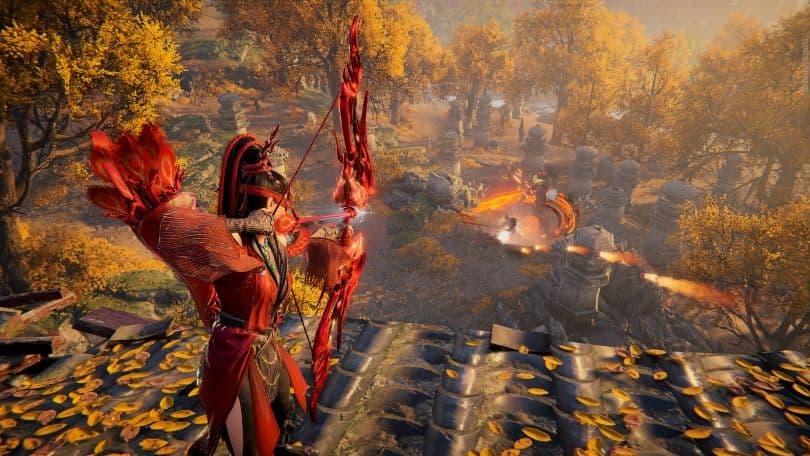
Optimized performance
Running both simulation and rendering on the GPU in a single program, VFX Graph can execute complex and rich particles without back and forth with the CPU.
An advanced and configurable bounding volume system and culling options allow you to not render effects which are not visible.
To save performance when rendering many complex objects, mesh LODs enable the use of simple representations when a detailed object is not needed, and leveraging HDRP’s low-resolution transparents option can limit costly overdraws.
Finally, you can run hundreds of instances of the same effect efficiently using the new instancing system.
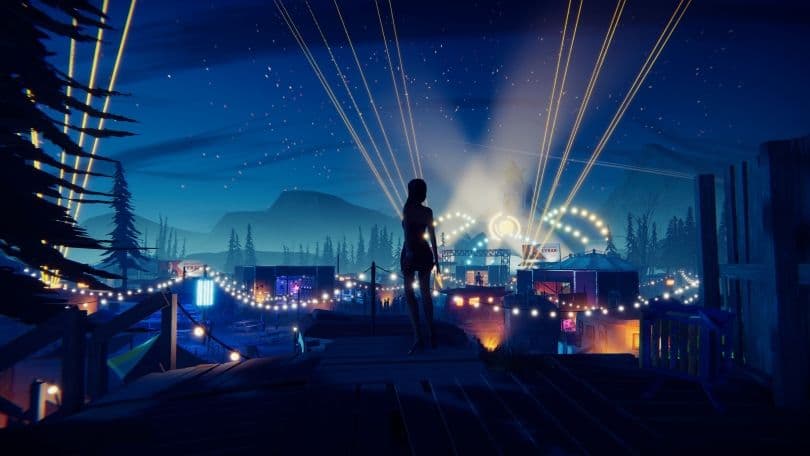
A powerful toolchain
VFX are often composed of source data coming from different software. To help generate some of this data, plug-ins for Houdini are provided to export point caches, vector fields, signed distance fields, and Vertex Animation Textures (VAT).
Unity’s Texture 3D importer allows you to import and preview Volumetrics, Slices, and Signed Distance Fields directly usable in VFX Graph.
To reduce iteration times and mistakes when changing a source asset, you can directly bake Point Caches in Editor, bake Signed Distance Fields in Editor or at runtime, or iterate on Flipbook textures in the Editor, without needing to reopen another software.
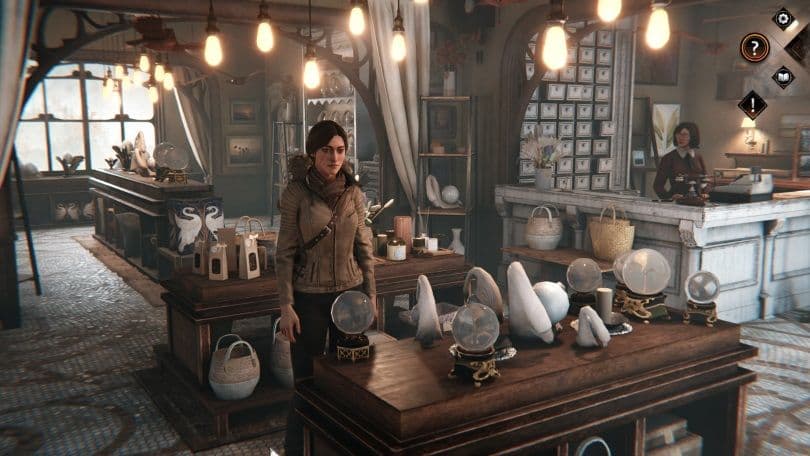
Production-proven tools
VFX Graph has been used in multiple games, films and applications on various platforms, including V Rising, I Am Fish, Road 96, Syberia: The World Before, live performances, and XR applications.
Learn more on how VFX Graph was used in Hardspace: Shipbreaker, and in some of our internal productions with deep dives into Upgrading the VFX in the FPS sample, Real-time VFX workflows in The Heretic, or the Spaceship demo VFX breakdown.
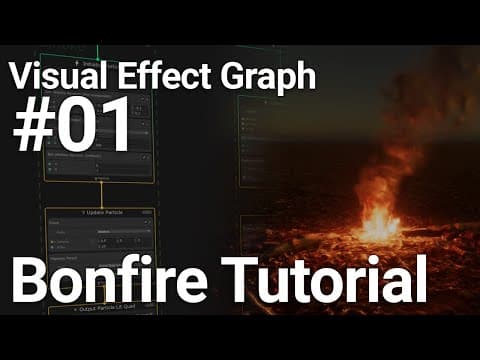
Getting started with VFX Graph
Dive into our series of introduction tutorials for VFX Graph and particle rendering on HDRP.
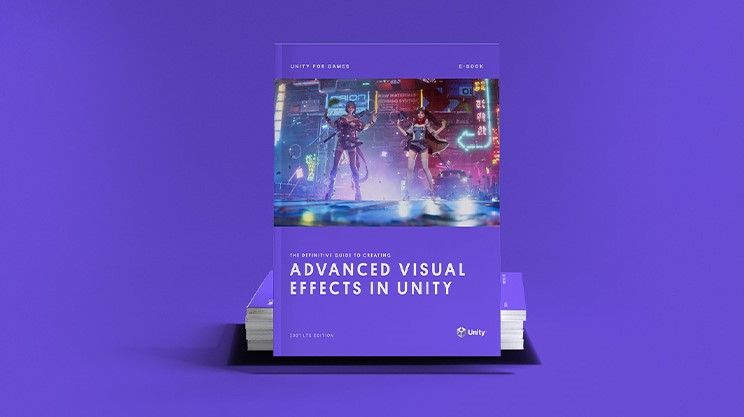
Definitive guide to visual effects
Learn how to use Unity’s complete suite of tools for authoring high-fidelity, richly detailed visual effects.
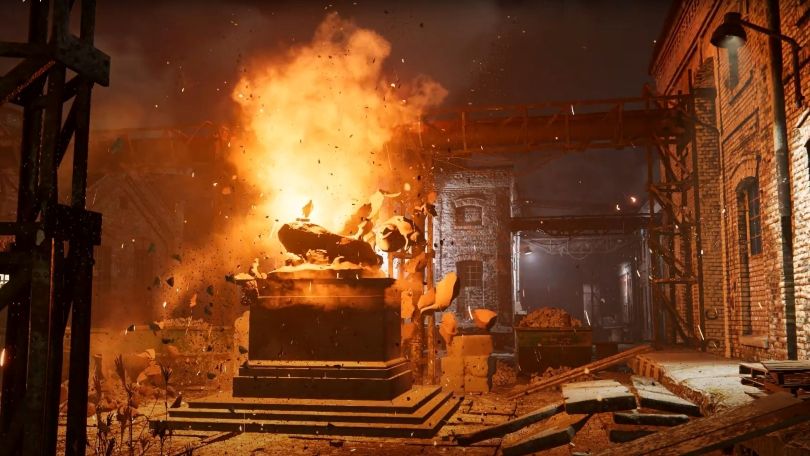
Realistic smoke lighting with in VFX Graph
Discover Unity’s new solution for simulating and rendering smoke and explosions in real-time, pushing effects to a higher level of visual fidelity.
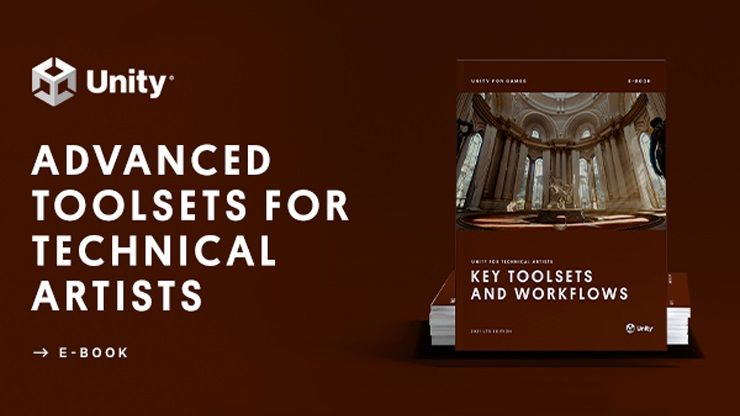
Unity’s guide for technical artists
Access a step-by-step walkthrough of key toolsets and workflows behind advanced game visuals for technical artists in Unity.
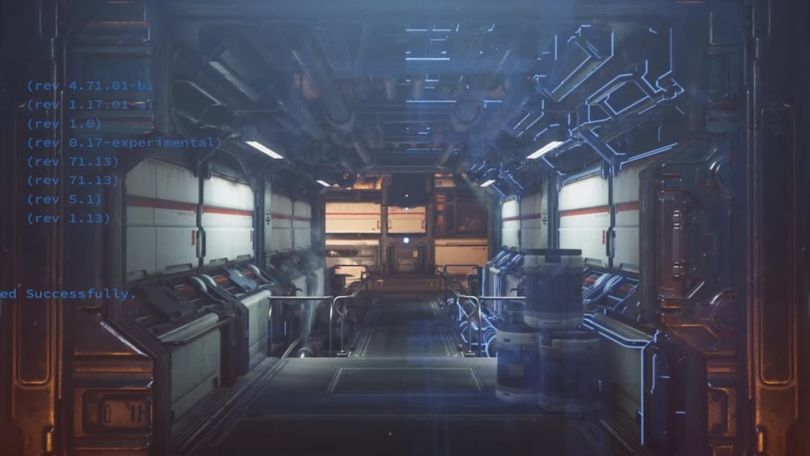
Learn from a real production
Learn how to use, configure, and integrate visual effects in a real game production with our Spaceship demo, a game vertical slice shipped on Steam.
Unity Asset Store VFX solutions
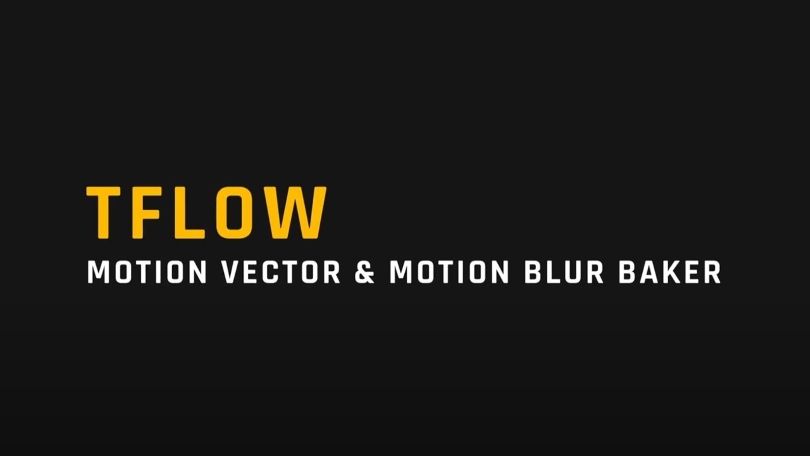
TFlow
From baking motion blur to motion intensity and more, TFlow is a motion vector and motion blur generator that increases the utility and quality of your flipbooks.
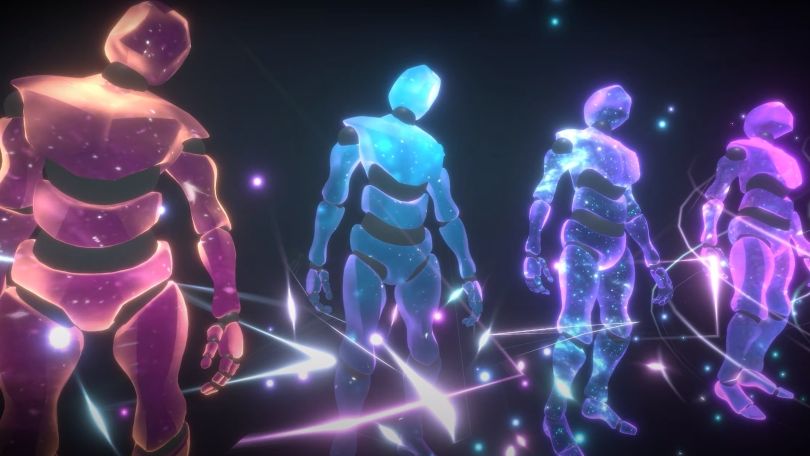
Gabriel Aguiar Prod’s asset packs
From stylized smoke to meteor rain and electric orbs, discover Gabriel Aguiar’s optimized and ready-to-use VFX assets, all created with VFX Graph, Shader Graph, or Shuriken.
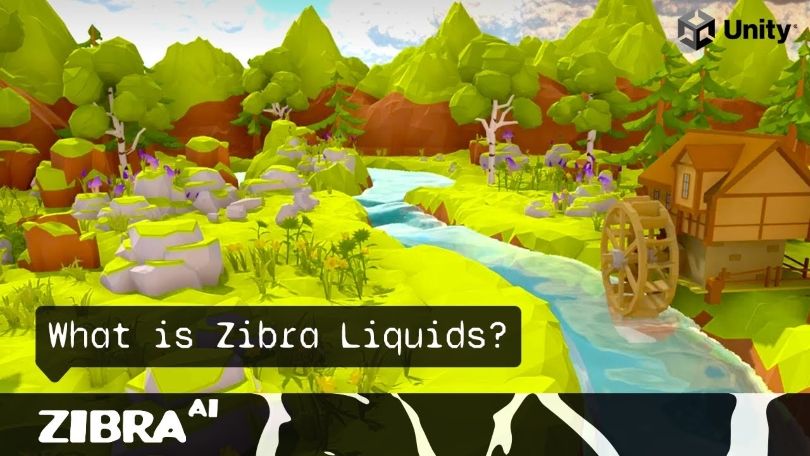
Zibra Liquids
Create stunning real-time fluid simulations to enhance the performance, aesthetics, and realism of your game.
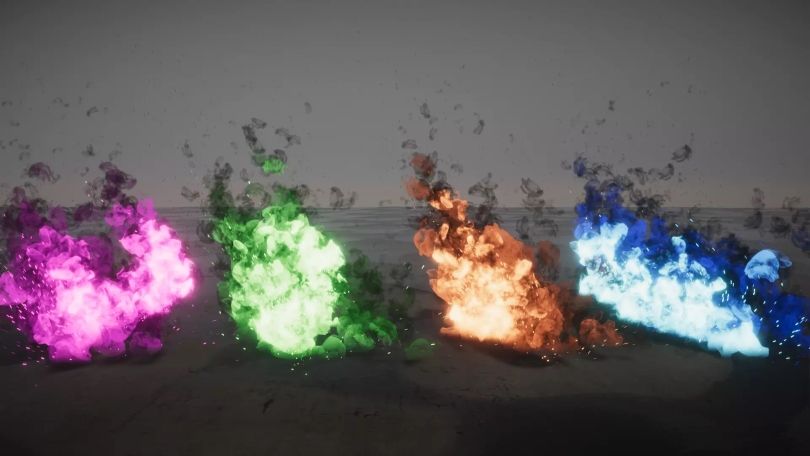
VFX Arsenal – Flame and Shock
Create and customize realistic and stylized premium-quality VFX using HDRP and VFX Graph.
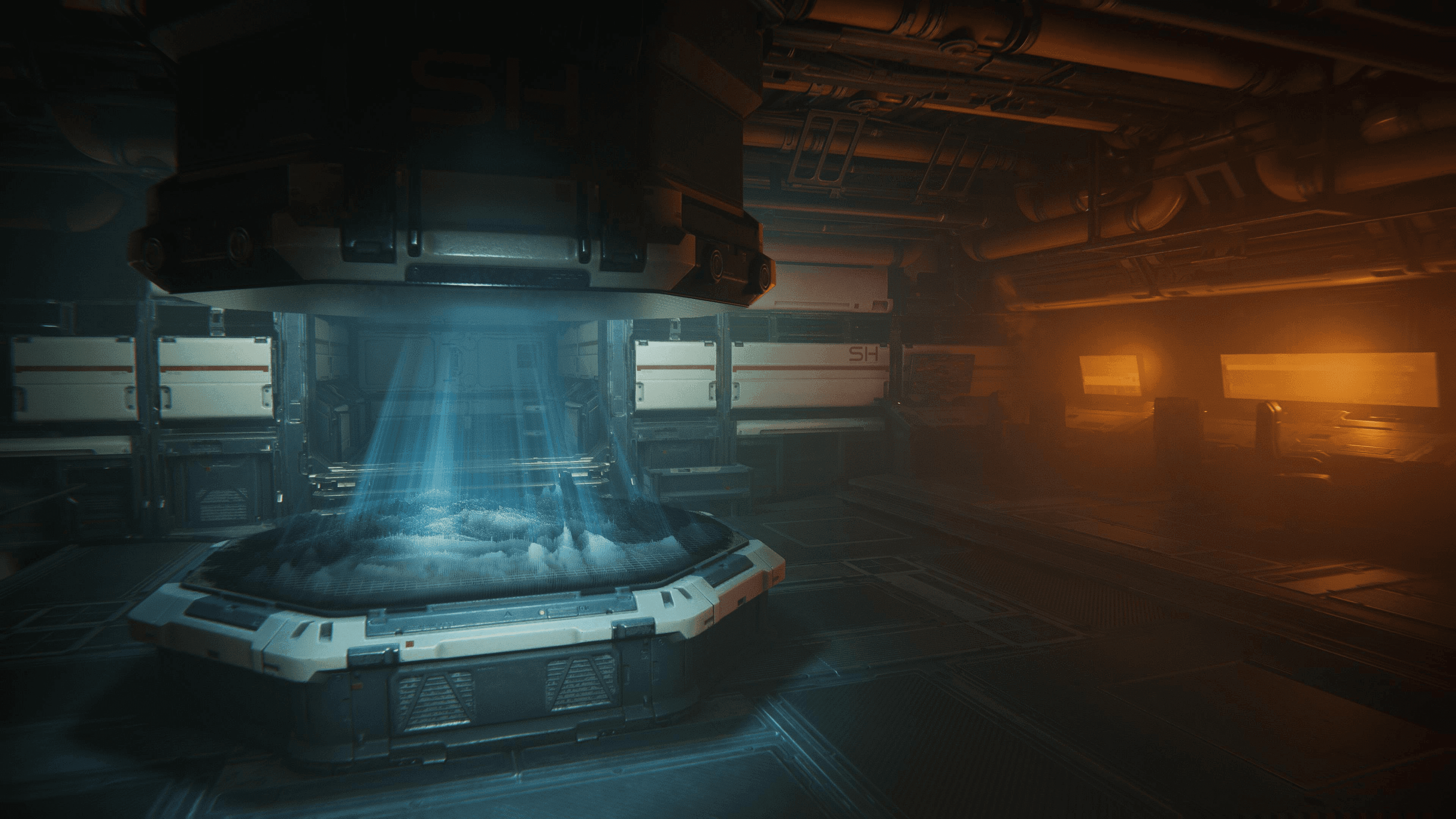
Unity’s powerful artist-friendly solutions help you tap into greater flexibility with tools specifically designed to help you work faster, in real-time.